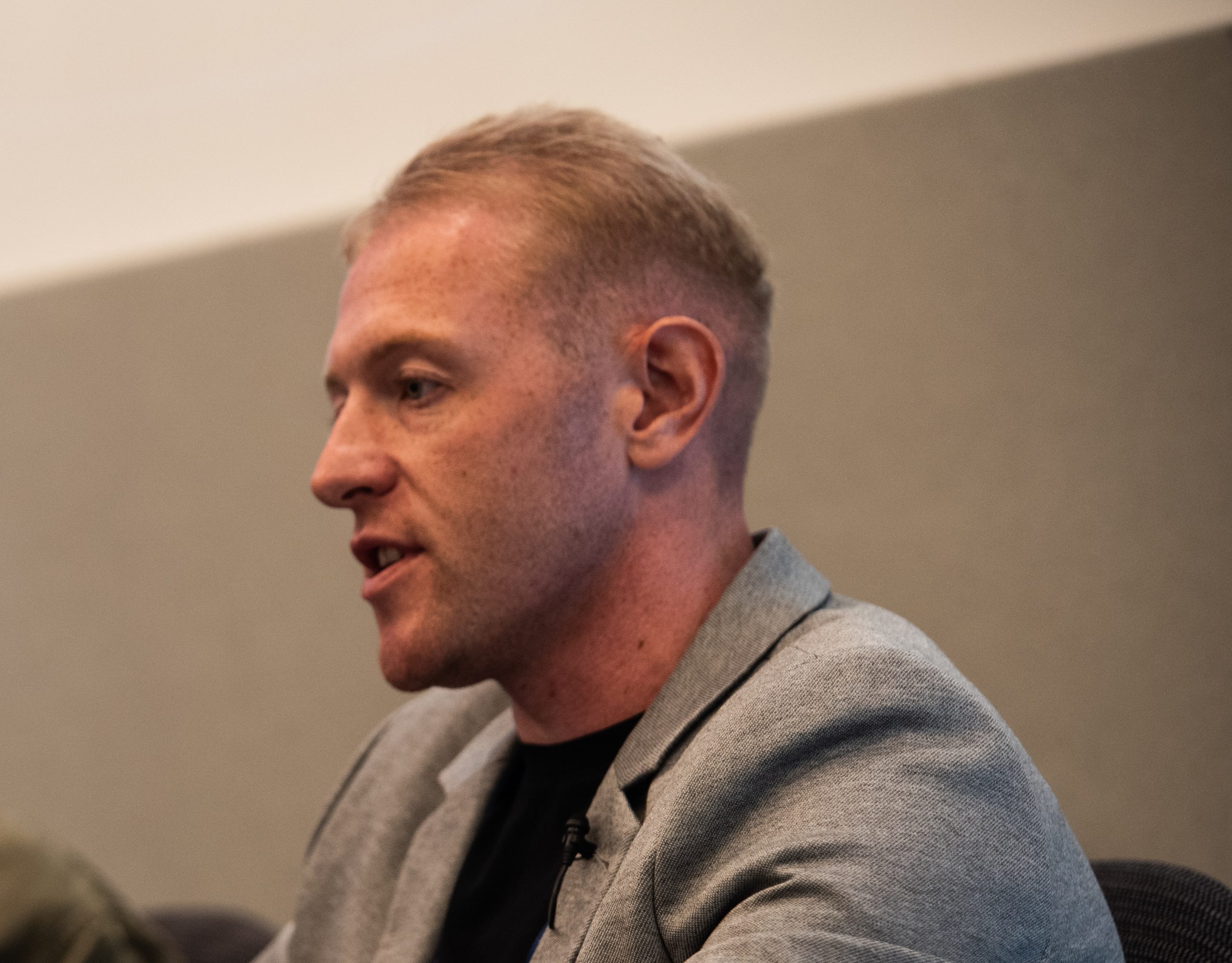What the UK Must Learn from Chinas Singles Day Mobile Bonanza
- Tuesday, November 17th, 2015
- Share this article:
Dennis Jones, CEO of Judo Payments, explores Alibabas success during Chinas Singles Day this year, and why the West desperately needs to accelerate its mCommerce adoption.
 Alibaba’s deftness in growing Singles’ Day into the biggest eCommerce day in the world is incredible. This year the results have been extraordinary, a growth rate of 60% on last year took Alibaba’s sales alone to £9.4bn. As many commentators point out, this puts Alibaba’s sales in one day ahead of Facebook’s annual revenue. Let that sink in for a moment.
Alibaba’s deftness in growing Singles’ Day into the biggest eCommerce day in the world is incredible. This year the results have been extraordinary, a growth rate of 60% on last year took Alibaba’s sales alone to £9.4bn. As many commentators point out, this puts Alibaba’s sales in one day ahead of Facebook’s annual revenue. Let that sink in for a moment.
Yet few in the UK have focused on the most surprising element of Alibaba’s incredible figures – that 68 per cent of its Singles’ Day purchases came via mobile, roughly £6.4bn. It was 42 per cent the previous year. To me, that percentage is almost more impressive than the revenue, as it highlights one of the big differences between China and the West. In urban China, it’s a cultural norm to shop on your phone and companies are geared towards enabling a rewarding mobile experience. eMarketer research recently stated that in 2015, mCommerce in China will be nearly 450 per cent of the US spend on mobile. In 2016, it predicts total sales via mobile will be nearly 11 per cent in China, compared with nearly two per cent in the US.
If there’s one thing Singles’ Day has shown this year, it’s that the mCommerce revolution is well underway. Yet given the incredible power of the supercomputers in our pockets, it’s frustrating to see such a comparatively glacial response to this revolution in the UK and the West. Mobile might form some part of the typical customer journey in the UK, whether for research or price comparison etc., but it’s not yet embedded as the point of checkout. The main reason for this is that not enough big companies have the capability to optimise their tech stack for mCommerce. And – to paraphrase a Kevin Costner film – if not enough build it, not enough come.
The key frustration from our perspective at Judo is that there’s an inevitability to our cashless future, with mobile set to be a crucial part of that. Payments on mobile are quicker, seamless and more secure compared to cash and card, and even Apple’s Tim Cook said recently that “our children will not know what money is”. We’ve witnessed a huge growth in the UK in lower-value transactions being made with cards and Apple Pay. In the UK earlier this year non-cash payments overtook cash. For me the question becomes how long it is until we have a cardless society too, where it’s the norm to digitally move money securely, from individual to individual; business to business and individual to business, with just one tap of our phone.
Again, however, this can only happen when UK businesses really get behind mobile – investing in the necessary back-end infrastructure to offer mobile payments. It’s something that the likes of Uber, AirBnb and Domino’s have grasped quickly, but we need more innovative thinking from big retailers. Research we recently undertook shows that just 24 per cent of the top 100 retailers have a fully seamless (native) checkout experience. 38 per cent don’t even have a commerce app. As we move into our digital and mobile future, these companies are at huge risk of falling behind changing consumer expectations on mobile.
The numbers show that as a channel, mobile is growing, and for the UK to realise its mobile potential, more have to tolerate a little short-term pain for a vast long-term gain. Alibaba’s experienced some growing pains in the past few years, yet its investment in mobile has demonstrably paid off. For UK consumers to reach a point where buying a new dress or ordering groceries whilst on the train is the norm, not the exception, we all have to work harder to build the digital environment where they’ll want to. The onus for retailers is to give their customers what they want, when they want it. As the year-on-year growth in mobile spend from Singles’ Day has shown us, if business leads the way, customers follow.
Dennis Jones is the CEO of Judo Payments.

















